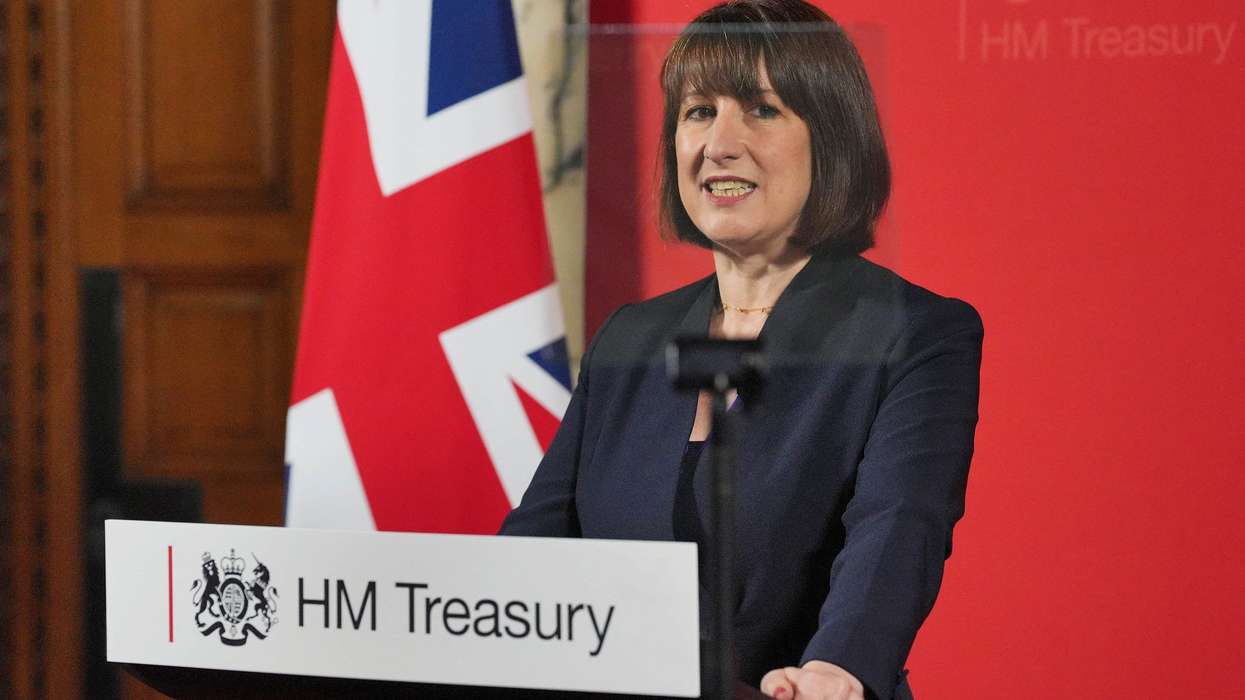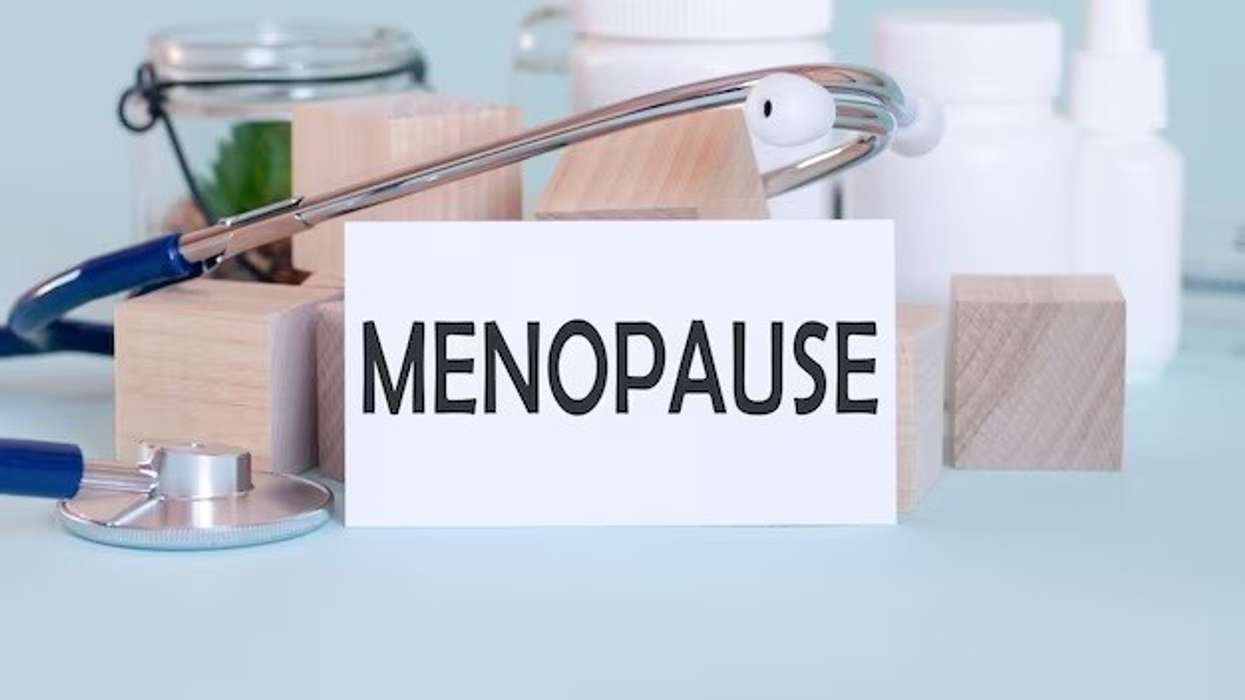Key Summary
- Tens of thousands of nursing staff vote in the RCN’s pay award consultation
- The RCN has rejected the 3.6 percent pay increase announced by the government
- The doctors are also unhappy with the pay rise and have decided to go on a strike
A study by the Royal College of Nursing (RCN) has concluded that nurses’ pay has not kept pace with inflation since 2010, and has fallen short by £8,000.
The analysis showed that junior nurses' pay has been “severely eroded” over the past years.
Tens of thousands of nursing staff vote in the RCN’s pay award consultation. The RCN has already rejected the 3.6 percent pay increase announced by the government.
The government had in May announced pay rises for all NHS workers, including doctors and nurses, for the second year in a row.
The RCN said the government should address the issue of low wages for junior nurses to boost recruitment and deliver its 10-Year Health Plan.
RCN England executive director, Patricia Marquis, said nursing staff are “tired of playing constant financial catch-up, often struggling to pay rent or get on the housing ladder”.
She lamented that nursing is "weighted to the bottom of the NHS pay scales" and it was even impacting patient care.
To retain talent, the government should "do better" on nursing pay, she added.
She said the nurses are voting in tens of thousands and making their voices heard on this pay award.
Meanwhile, the doctors are also unhappy with the pay rise announced by the government.
The BMA announced last week that resident doctors – formerly known as junior doctors – in England would walk out for five consecutive days from July 25.
Health secretary Wes Streeting will meet BMA officials later this week in an attempt to prevent the doctors' strike.












